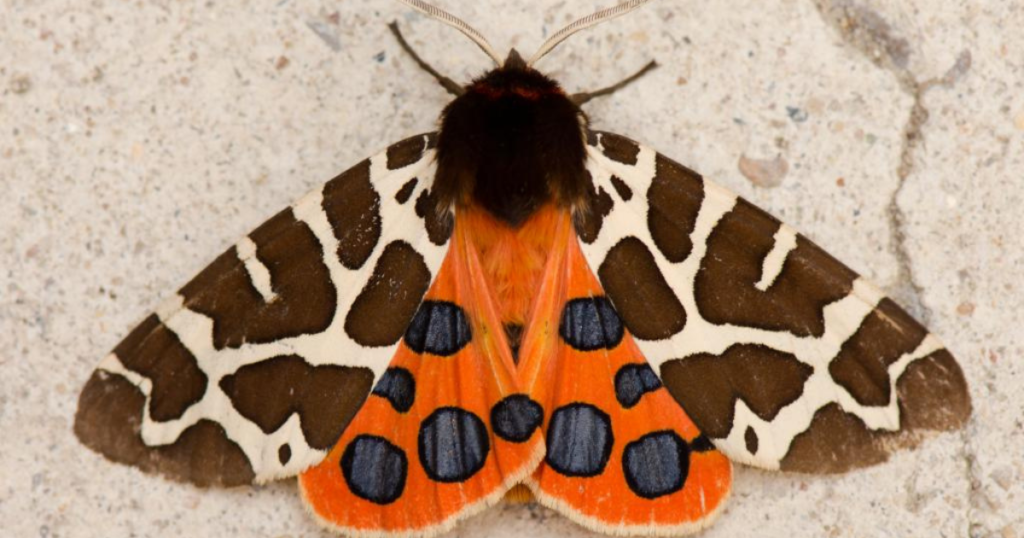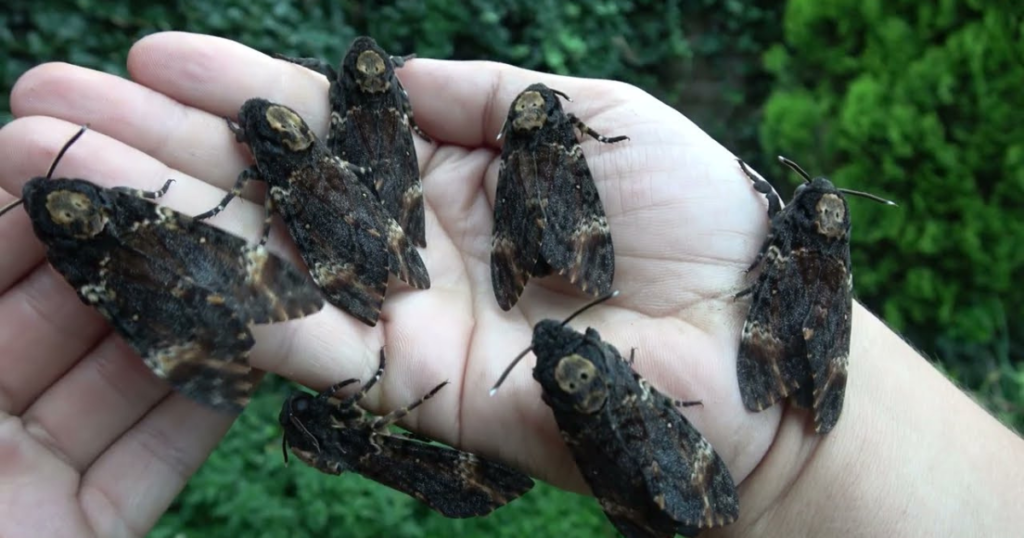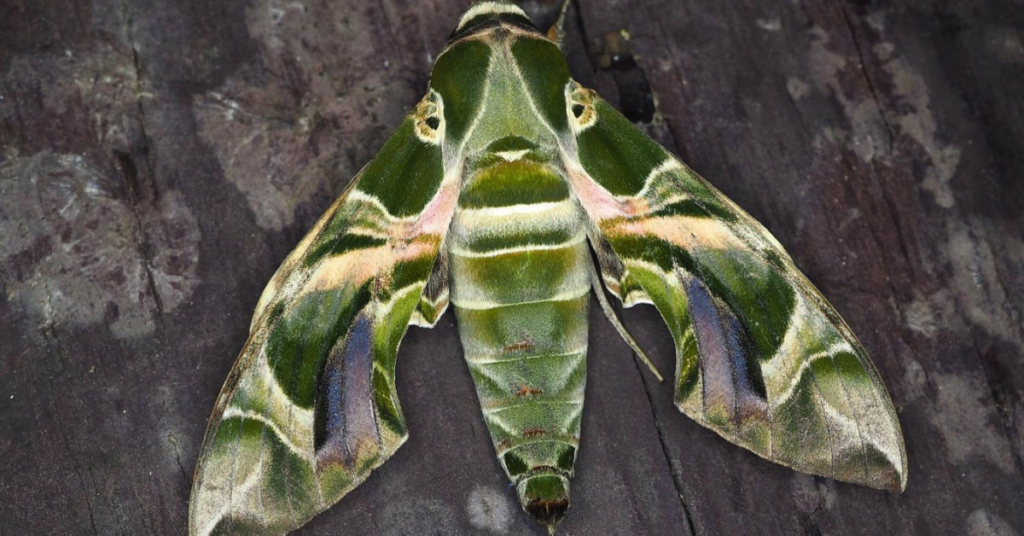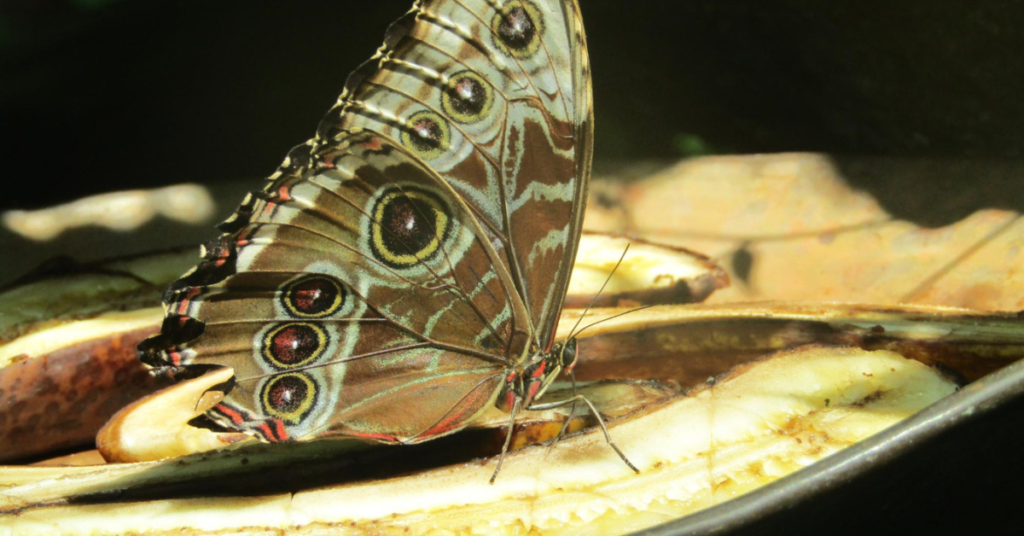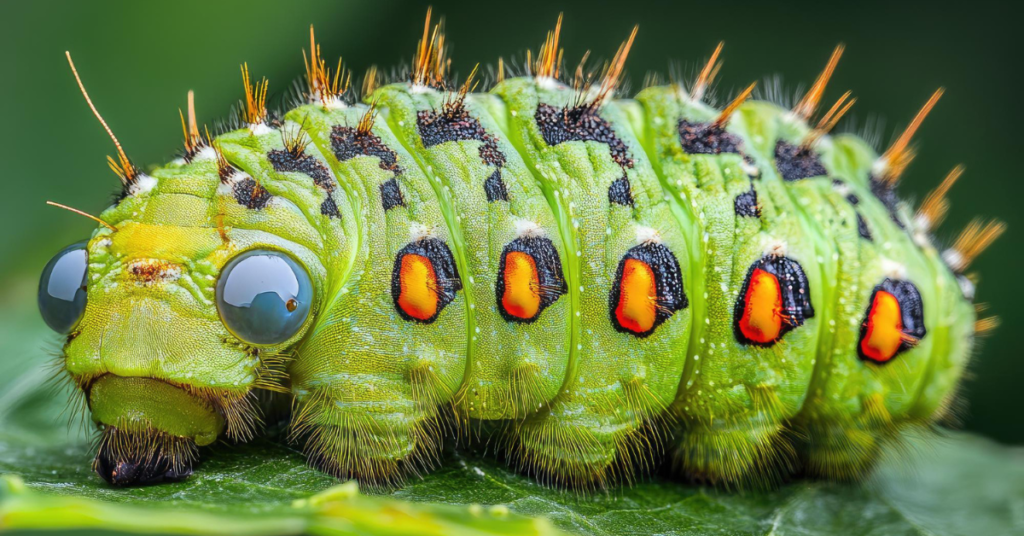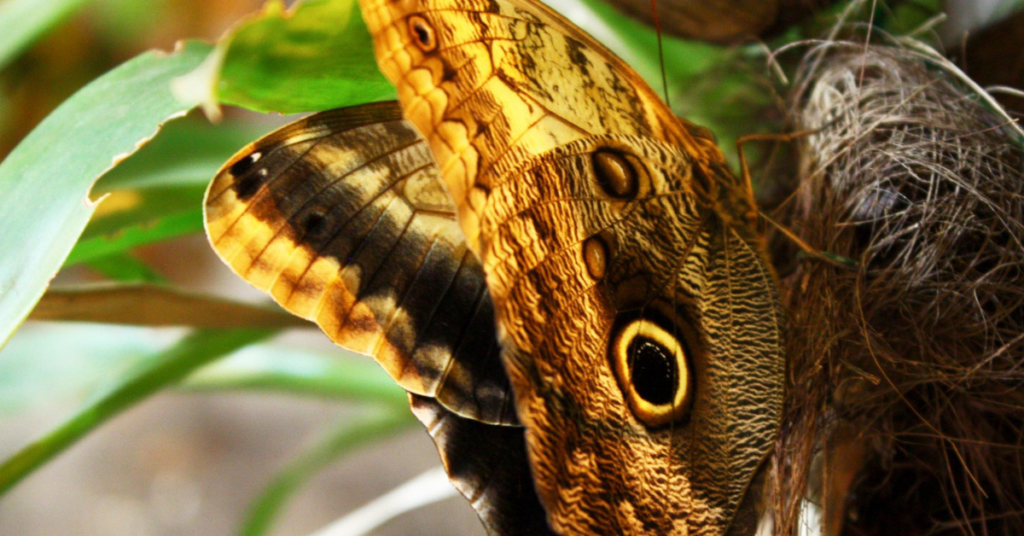In the wild, a lion’s lifespan is a continuous struggle nearly half of cubs die before turning one, mostly falling victim to predators, starvation, or other threats. Lions, nature’s iconic kings of the savannah roam Africa’s grasslands with unbeatable power and grace.
Yet despite their mastery, their wild lives are often short and unsafe. Lion cub death is staggering, with nearly half failing to survive past their first year due to danger like infanticide, predation, and disease.
Adult lifespans depend on region and rank: male lions, who face constant enmity and expulsion from prides, typically live 8–10 years, while lionesses, benefiting from social stability, may reach 15–16 years.
Table of Contents
ToggleUnderstanding the Lion Lifespan
The lion lifespan varies significantly depending on whether the lion lives in the wild or captivity. Several factors, including food availability, territorial conflicts, diseases, and human activities, determine their longevity. On average, lions in the wild live between 10 to 14 years, but some may survive longer under ideal conditions.
Factors Affecting the Lion Lifespan in the Wild
Several key elements impact how long lions survive in their natural habitat:
1. Predation and Natural Threats
While adult lions have few natural predators, cubs face high mortality rates due to attacks from hyenas, leopards, and even other lions. Male lions often kill cubs when they take over a new pride to establish dominance.
2. Food Availability
A lion’s diet mainly consists of large herbivores like zebras, wildebeests, and buffalo. However, during food shortages, lions may struggle to find adequate nutrition, leading to starvation and a shorter lion lifespan.
3. Injuries and Diseases
Territorial fights between male lions often result in severe injuries, reducing their survival chances. Additionally, diseases like feline leukemia and tuberculosis can affect pride health and decrease the lion lifespan.
4. Human Interference and Habitat Loss
Human activities, including poaching, habitat destruction, and conflicts with livestock farmers, pose severe threats to wild lion populations. These factors significantly impact the lion lifespan, as they increase the risks of unnatural deaths.
Difference Between Wild and Captive Lion Lifespan
One of the most striking contrasts in lion survival is between those living in the wild and those in captivity.
Wild Lions
- Average lion lifespan: 10 to 14 years
- Threats: Predation, starvation, diseases, human conflicts
- High cub mortality rate
Captive Lions
- Average lion lifespan: 20 to 25 years
- No natural predators, consistent food supply, medical care
- Controlled breeding programs
Lions in captivity enjoy better medical care and regular meals, allowing them to live longer than their wild counterparts. However, they also experience a lack of freedom, natural hunting instincts, and limited space, which can affect their psychological well-being.
Male vs. Female Lion Lifespan
Male Lions
Male lions typically have a shorter lifespan than females due to their territorial nature. Constant battles for dominance often lead to fatal injuries. Once they lose their leadership, older males struggle to hunt alone, reducing their survival chances.
Female Lions
Lionesses tend to live longer as they remain in their prides for life. Since they do not engage in deadly territorial fights as frequently as males, they have a longer lion lifespan, sometimes exceeding 15 years in the wild.
Longest-Living Wild Lions
While most wild lions live up to 14 years, some exceptional cases have been recorded:
- Morani: A famous Masai Mara lion lived up to 16 years despite losing his teeth in old age.
- Scarface: One of the most iconic lions in Africa, he lived until 14 before succumbing to natural causes.
Conservation Efforts to Protect the Wild Lion Lifespan
Conservationists are working tirelessly to ensure lions thrive in the wild. Several initiatives are in place to increase the lion lifespan, including:
- Anti-poaching patrols to prevent illegal hunting
- Habitat conservation programs to protect natural environments
- Community education programs to reduce human-lion conflicts
- Rescue and rehabilitation programs for injured or orphaned lions
Conclusion
The lion lifespan is a fascinating topic that highlights the challenges and triumphs of these majestic predators. While wild lions face numerous survival threats, conservation efforts continue to safeguard their existence. Understanding the difference between wild and captive lion lifespan provides insights into how human intervention impacts their survival. By supporting conservation initiatives, we can help ensure that lions continue to roam freely in their natural habitats for generations to come.


